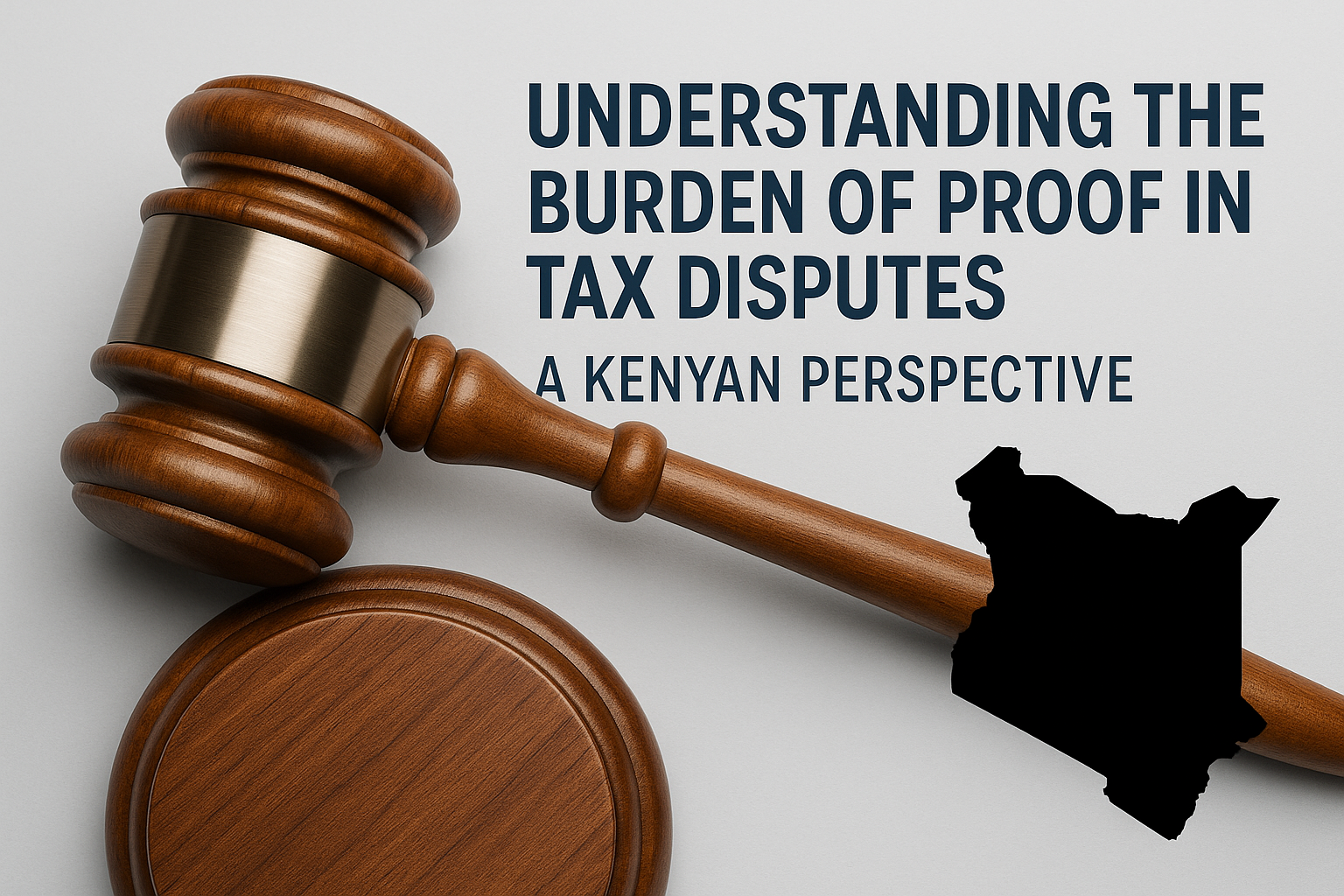Non-government organizations (NGOs) are an integral part of Kenya’s development landscape, providing critical services and support to communities across the country. However, with this important role comes the responsibility of adhering to a range of compliance obligations. These obligations ensure that NGOs are operating in a transparent and accountable manner, and are critical to maintaining public trust in the sector. The NGO Coordination Board plays a critical role in ensuring compliance and monitoring the activities of NGOs in Kenya.
Operating environment
A key compliance obligations for NGOs in Kenya is registration with the NGO Coordination Board. This government agency, established under the NGO Coordination Act of 1990, is responsible for overseeing the activities of NGOs in the country and ensuring that they are operating in compliance with the law. The registration process requires NGOs to submit an application along with a range of documentation, including a constitution or bylaws, and financial statements. This process is critical to ensuring that the NGO Coordination Board has a clear understanding of the organization’s goals, objectives and activities, and can monitor its operations accordingly. Additionally, the NGO Coordination Board is also responsible for deregistering organizations that have failed to meet their obligations or have been found to be in violation of the law.
The NGO Coordination is Supervisory Entity and collaborates with other government agencies with a mandate to collate and report to the Financial Reporting Centre, all relevant information on Money Laundering and Terrorism Financing in the charitable sector. This statute is under schedule I of Proceeds of Crime and Anti-Money Laundering Act of 2012. NGOs operating in Kenya are required to use regulated financial channels such as Commercial banks and Money Value Transfer Services (MVTS) when undertaking financial transactions.
Tax and financial reporting
NGOs in Kenya are also required to submit periodic reports to the NGO Coordination Board. These reports provide the board with information on the organization’s activities, finances, and governance. Additionally, NGOs must file an annual return with the NGO Coordination Board, which includes audited financial statements and other information. This requirement ensures that the NGO Coordination Board has a clear picture of the organization’s financial health and can identify any potential issues. The NGO Coordination Board also conducts regular monitoring and evaluation of NGOs to ensure they are in compliance with the regulations and fulfilling their mandate. It is important to note that NGOs income is considered as taxable income unless explicitly exempted; NGOs should therefore make it a point to have tax status reviews to ensure ongoing compliance.
Other statutes
In addition to tax and statutory audit compliance, NGOs in Kenya are also subject to compliance with various other statutes such as the National Social Security Fund (NSSF), the National Health Insurance Fund (NHIF), the National Industrial Training Authority (NITA), and the County Governments laws. These statutes regulate various aspects of an NGO such as employee benefits, occupational health and safety, and training and development. To comply with these statutes, NGOs should familiarize themselves with the laws and regulations and establish policies and procedures to ensure compliance.
Beyond registration and reporting, NGOs in Kenya must also adhere to a range of laws and regulations related to financial management, such as the Financial Management Act, and laws related to the environment, such as the Environmental Management and Coordination Act. This is to ensure that the NGO’s financial and environmental practices are in compliance with the law. Additionally, NGOs must follow ethical guidelines for their operations, such as the Code of Conduct for NGOs in Kenya, which lays out principles for transparency, accountability, and ethical behaviour. This helps to ensure that NGOs are operating in a responsible and ethical manner. The NGO Coordination Board also conducts investigations and audits to ensure compliance with the regulations and laws.
Other obligations
It is important to note that in addition to these legal and regulatory obligations, NGOs in Kenya are also expected to adhere to international standards for NGOs, such as the International NGO Accountability Charter. This ensures that the organization’s practices align with the global standard, and can provide a degree of accountability to their international donors and partners. This also helps to improve the image of Kenyan NGOs globally and attract more funding. Further, it is important to keep in mind that compliance is not just a legal obligation, but also a business opportunity. By demonstrating compliance, NGOs can increase community and donor confidence, and also improve their reputation. In addition, compliance can also help to ensure that the business is operating in a sustainable and responsible manner.
Conclusion
NGOs in Kenya have a vital role to play in the development of the country, but this role comes with a range of compliance obligations. These obligations include registration, reporting, and adherence to laws and regulations related to financial management, environment, and ethical guidelines. By adhering to these obligations, NGOs can help to maintain public trust in the sector and continue to make a meaningful impact in the communities they serve. Additionally, compliance with the regulations and laws helps to improve the image of the NGO sector in Kenya and attract more funding. At FHC, we have specialist who can help you achieve compliance with tax and other statutory requirements, reach out to us today.














